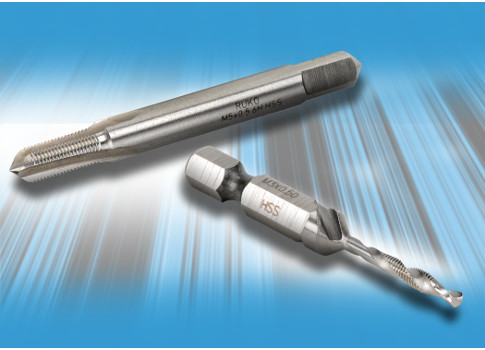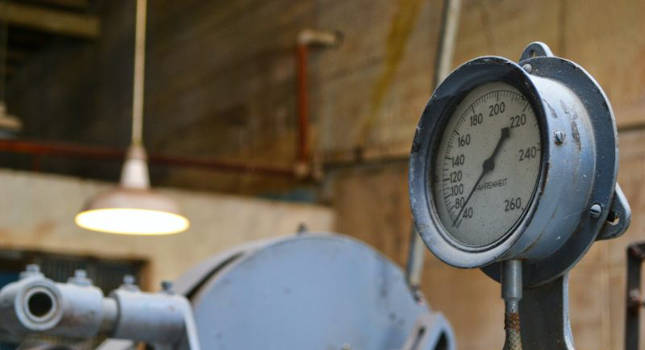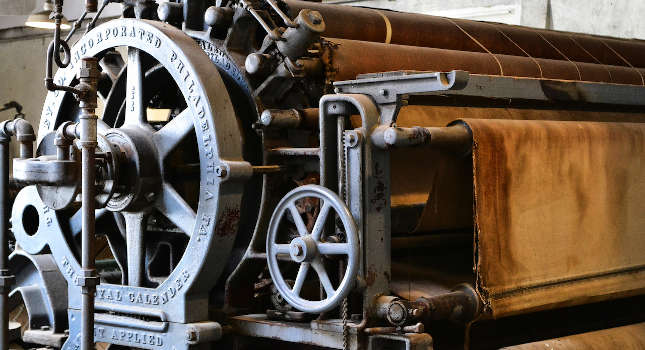Rosemont, IL-based ballast manufacturer Advance announced that the ballast training courses offered through its Advance University website have been officially accepted as an approved curriculum by the National Council on Qualifications for the Lighting Professions (NCQLP). Completion of the Advance University ballast training courses will qualify NCQLP members for Lighting Education Units (LEUs) within the organization’s LC (Lighting Certified) Program.
The NCQLP is a non-profit organization founded in 1991 to serve and protect the well-being of the public through effective and efficient lighting practice. Through a peer-review process, the NCQLP establishes the education, experience and examination requirements for baseline certification across the lighting professions.
Advance University is an online ballast training program currently offered in three course levels, all of which have been approved for Lighting Education Units by the NCQLP. The first level (“Ballast Basics 101”) covers ballast basics. The second level (“Ballast Basics 201”) features ballast troubleshooting techniques as well as an introduction to many newer lighting technologies. Level Three provides an overview of the Digital Addressable Lighting Interface (DALI) lighting standard and its use in creating new and powerful lighting designs. Each level consists of 10 or more lessons and is followed by a short quiz. Students who successfully complete each level can print out a personalized Certificate of Completion.
Providing premium ballast-related training in a convenient, online format, AdvanceUniversity provides essential training for individuals new to the lighting industry as well as those who seek a comprehensive review of their ballast knowledge. AdvanceUniversity is accessible from Advance’s web site at www.advancetransformer.com/university and is open for enrollment to anyone at no charge. Currently, more than 8,000 students have registered for AdvanceUniversity and have benefited from their access to this invaluable industry site.



